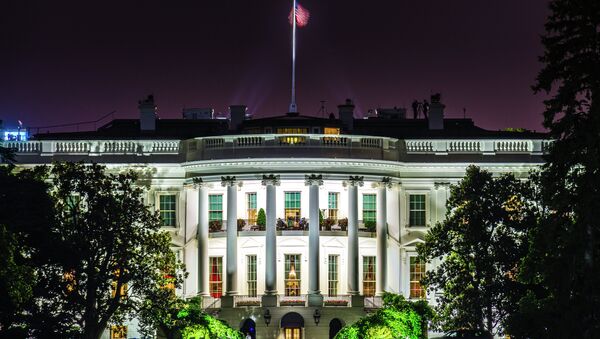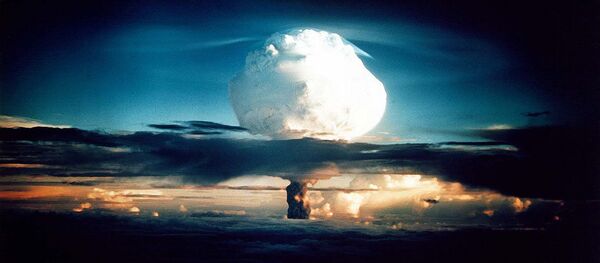"The Summit will be held March 31-April 1, 2016, at the Walter E. Washington Convention Center in Washington, DC," the statement read. "The Summit will continue discussion on the evolving threat and highlight steps that can be taken together to minimize the use of highly-enriched uranium, secure vulnerable materials, counter nuclear smuggling and deter, detect and disrupt attempts at nuclear terrorism."
The announcement comes just weeks after Iran and the P5+1 group of countries wrapped up negotiations on a nuclear deal to ensure the peaceful nature of Tehran’s nuclear program in exchange for sanctions relief.
The last Nuclear Security Summit was held at The Hague in 2014, but it has also been held in Seoul in 2012 as well as in Washington, DC in 2010.
The White House said the past summits achieved "tangible improvements in the security of nuclear materials and stronger international institutions that support nuclear security."
"We cannot afford to wait for an act of nuclear terrorism before working together to collectively raise our standards for nuclear security," The White House added.
In November 2014, Russia announced it would not attend the Nuclear Security Summit, but United States officials since expressed hope that Moscow will participate.
On March 31, 2015, US Department of State Threat Reduction Programs Coordinator Bonnie Jenkins told Sputnik that the United States is still interested in working with Russia, and noted the importance of the country’s role in countering the proliferation of weapons of mass destruction.
Under the auspices of the G8 nations, Russia was a participant in the Global Partnership Against the Spread of Weapons and Materials of Mass Destruction, focused on non-proliferation efforts, but was expelled in 2014 over its alleged interference in Ukrainian affairs.
Russia has repeatedly refuted the accusations and warned the US and NATO amassing of troops and weapons along its borders is provocative and is likely to lead to destabilizing the region.
Meanwhile, the Republican-controlled Congress has until September 17, 2015 to approve or reject the Iran nuclear agreement. Both, the House of Representatives and Senate can override a presidential veto by securing a two-thirds majority vote.




